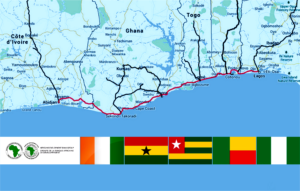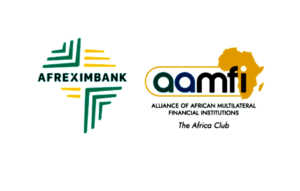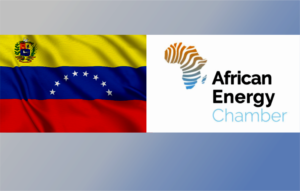Egypt’s Suez Canal Economic Zone Bets on Green Investment Amid Regional Volatility and Global Competition
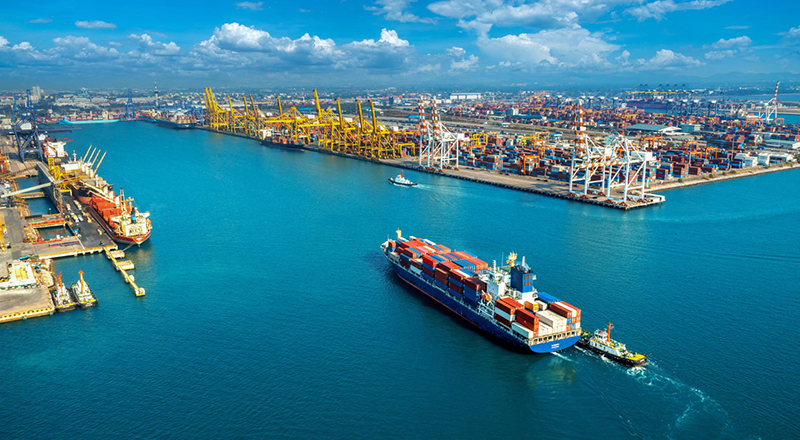
Egypt is positioning its Suez Canal Economic Zone (SCZone) as a cornerstone of future global trade, seeking to attract $60 billion in green investments despite a turbulent regional landscape and intensifying competition from rival port economies. The initiative, spanning 460 square kilometers along one of the world’s most strategic waterways, reflects Cairo’s determination to transform the Canal Zone into a logistics, energy, and industrial hub that links Europe, Asia, and Africa.
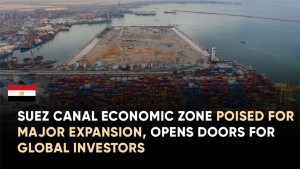
The SCZone is designed to capitalize on the canal’s singular geographic advantage: between 12% and 15% of global trade already passes through the Suez, making it one of the most vital arteries of the world economy. Yet turning this advantage into sustained growth requires Egypt not only to court international investors but also to weather deepening regional instability and the aftershocks of global supply chain disruption.
At the heart of the project lies a vision of economic diversification. For a nation grappling with high inflation, foreign currency shortages and heavy debt obligations, attracting long-term investment in green industries, ranging from hydrogen production to renewable-powered logistics, offers both a financial lifeline and a pathway to modernization.
However, Egypt faces steep competition. Gulf States are investing heavily in their own maritime and logistics corridors: Saudi Arabia’s NEOM and Red Sea port projects, the UAE’s expanding Jebel Ali hub and Oman’s Duqm port all vie for overlapping markets. Turkey, further north, is strengthening its role as a transit and energy corridor between Europe and Asia. Each competitor seeks not only to capture shipping flows but also to shape the emerging green supply chain economy.
The Suez Canal has long been a geopolitical flashpoint. Current conflicts across the Middle East and North Africa, as well as risks from piracy in the Red Sea and security tensions in the Eastern Mediterranean, underscore the fragility of Egypt’s plans. Any instability that disrupts canal traffic reverberates globally, pushing shipping costs higher, delaying supply chains, and unsettling energy markets.
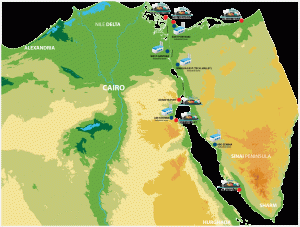
Domestically, the SCZone’s success depends on Egypt’s ability to maintain stability, strengthen governance, and reassure investors. Prolonged instability could drive capital toward safer regional alternatives, diluting Egypt’s role as a gateway between continents.
Beyond macroeconomic indicators, the SCZone project carries profound implications for Egypt’s people. Families living near the canal may see new job opportunities, infrastructure upgrades and improved standards of living. Yet large-scale industrial expansion also risks displacing local communities, straining water resources and accelerating cultural shifts away from traditional livelihoods like fishing and small-scale trade.
With respect to Egyptian businesses, the initiative could create a powerful ecosystem of suppliers, logistics firms and energy producers. If executed successfully, the SCZone may act as a multiplier for small and medium enterprises, fostering innovation and embedding Egypt more deeply into global production chains. Conversely, if foreign companies dominate, domestic firms may find themselves sidelined, deepening inequalities.
Politically, the project serves as a test of Egypt’s state-led development model. The government’s ability to manage partnerships with international investors while delivering tangible benefits to its citizens will shape both public trust and Cairo’s standing as a regional power.
The SCZone is not merely a technical undertaking, it represents a cultural crossroads. As it attracts multinational corporations and workers from across the globe, the canal region may evolve into a cosmopolitan hub, reshaping local identity. Such transformation brings both opportunity and tension: exposure to global markets can stimulate openness and innovation, but it may also exacerbate generational divides and challenge traditional values.
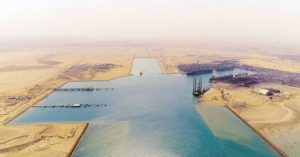
The stakes extend well beyond Egypt. In an era of fractured supply chains, exacerbated by pandemic aftershocks, geopolitical rivalries and climate disruptions, investments in strategic trade corridors determine how resilient the global economy will be. If the SCZone succeeds, it could enhance connectivity between continents, speed the green transition and reduce bottlenecks in global commerce. Failure, however, could leave the region more fragmented, deepen instability and shift trade dominance toward competitors.
Egypt’s SCZone embodies both the promise and peril of 21st-century globalization. It aspires to harness geography, green energy, and logistics to redefine the nation’s role in world trade. Yet its trajectory will be shaped not only by financial capital and industrial strategy but also by the lived experiences of Egyptian families, the choices of regional competitors, and the fragile balance of stability across the Middle East.
Whether the Suez Canal Economic Zone emerges as a true bridge between Europe and Asia, or as another unrealized megaproject weighed down by conflict and competition, will be a decisive question for Egypt’s future and for the global economy at large.


